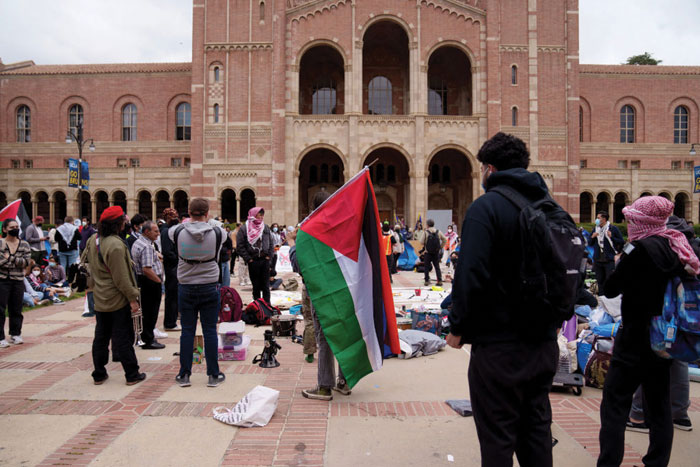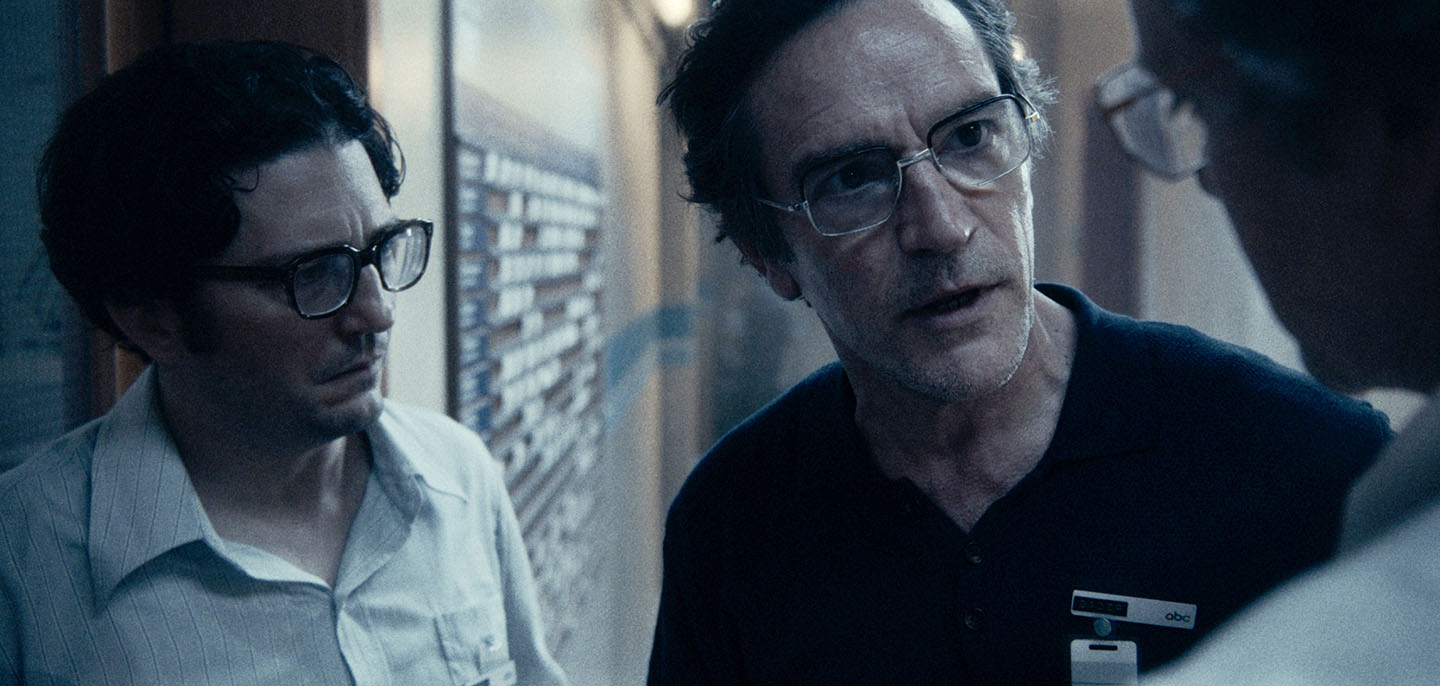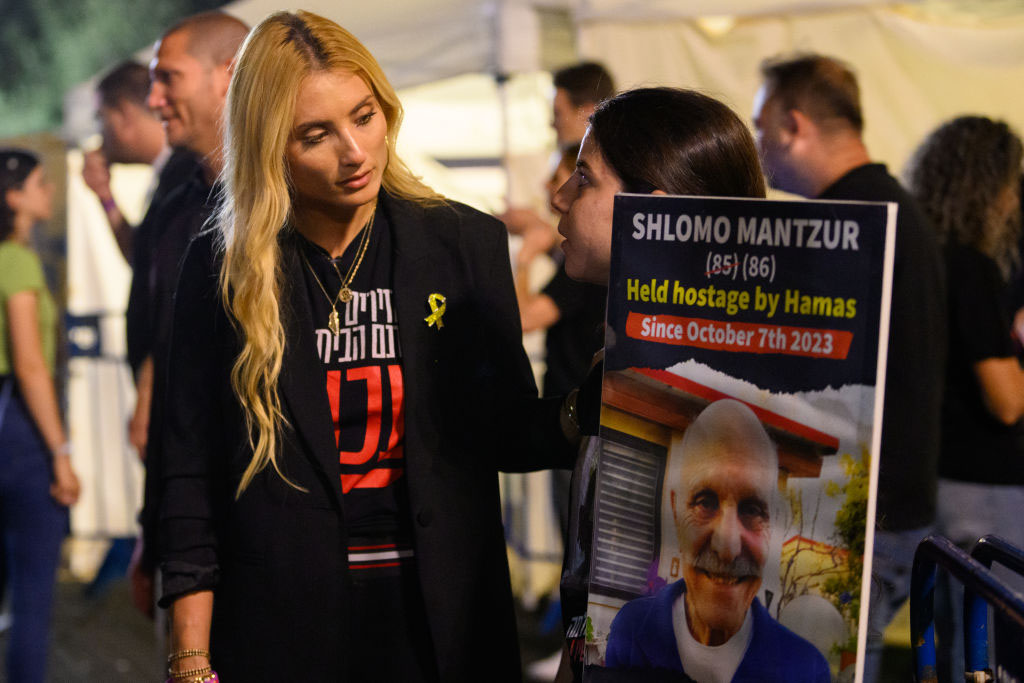Bo Lidegaard is the editor in chief of the leading Danish newspaper Politiken and the author of several books on modern history. He served as a diplomat in the Danish Foreign Service before joining the Office of the Danish Prime Minister as Ambassador and Permanent Undersecretary of State tasked with responsibilities corresponding to those of National Security Advisor. He later led the team preparing the 2009 United Nations conference on climate change in Copenhagen. He is one of the most respected and widely read Danish historians, and his work has focused on U.S.-Danish relations in the twentieth century, as well as on the modern Danish welfare state. He lives in Copenhagen.
The following exchange will focus on his critically acclaimed book Countrymen (Knof, 2013), which tells the story of how the Jews of Denmark escaped the Nazis during World War 2.
Dear Dr. Lidegaard,
Your powerful book tells us about one of the most inspiring episodes of WW2, the rescuing of the Jews of German-occupied Denmark. Using unpublished personal accounts and testimonies – of families which survived, Danish eyewitnesses and officials, and even Nazis – you provide a wide panoramic view of the epic story of a noble Danish effort which eventually led to the survival of 99% of the country's 8,200 Jews, who managed to escape to Sweden.
While the story is truly a unique and remarkable one, though, it does begin with some difficult moral compromises made by the country's leadership. The ruling coalition at the time made a collective decision to agree to cooperate with the occupying Nazi forces in many ways – assisting the German economy, signing international pacts, even handing over communists – in order to retain some degree of autonomous government and to do whatever it could to guard some of Danish society's red lines. One of these red lines was the singling out and persecution of Danish Jews, an issue which the Danish leadership refused to yield on.
My first question- How did this become an issue they were willing to fight so hard for? Why was the persecution of the Jews a red line, while the persecution of communists and assisting the German war effort were not?
Yours,
Shmuel.
***
Dear Shmuel,
It is true that the Danish government took a very particular position in not mounting a regular military defense against the invasion of Nazi Germany on April 9, 1940. Rather, the government decided to accept the ultimatum presented by the occupying forces, implying a degree of cooperation between the two countries. While this cooperation entailed a number a difficult compromises and concessions, it served to protect Danish society at large, as all fundamental democratic institutions were preserved and no Nazis were allowed take part in the government or the administration. Thus, the Danish parliament and government continued to serve until August 29, 1943 when the government resigned, provoking the occupying forces to declare a state of emergency.
This unique construction was a result of Denmark’s precarious position as a tiny, neutral country without allies, situated right on the border of Nazi-Germany.
The Danish government realized early in the 1930’s that the threat against its society did not emanate only from Germany or from the Soviet Union, but from the totalitarian ideas underlying Nazism and Communism. Accordingly, the struggle was about fending off those ideas and about preventing those ideologues from taking root within Danish society.
The four democratic political parties strongly argued that the political dividing lines ran between the democratic parties on one side and the totalitarian minorities on the other. The consequence was that the Danish Communists and Nazis were increasingly considered outcasts within society, though they belonged to legal parties – both of which had the support of some two pro cent of the electorate.
The 1939 pact between Hitler and Stalin reinforced the view that Nazism and Communism were part of the same basic threat to democracy. In response, the Danish government successfully created a strong conceptual link between being Danish and being a democrat. Nazis and Communists thus were labeled “un-Danish” while everyone who supported democracy was considered “Danish”. This latter group included the Jews, both those who were part of Danish society and considered themselves Danish and the refugees who more recently arrived in Denmark.
In this way, it became imperative for Danish politicians to maintain the principle that Danish citizens could not be divided into various groups. When the Nazi occupation of Denmark began in 1940, as the occupying forces tried to single out the Danish Jews, the politicians and the administration strongly objected to any measures whatsoever separating democratic citizens from other democratic citizens. This protected the Danish Jews – but became fatal for Danish communists who were not considered part of democratic society and thus were not protected as the Jews were.
Accepting measures against the Danish Jews thus became one of the biggest red lines of the Danish government. Giving in on this point was considered tantamount to giving up on the very idea of the Danish society – and thus as a national capitulation. Holding this line was like defending the territorial boarder. It was about the very survival of the nation.
The logic of the government and of the administration proved to be shared broadly by Danish civil society as individual citizens reached out to rescue their fellow countrymen when – in October 1943 – the Nazi occupying forces initiated the raid against the Danish Jews.






















 More news and opinions than at a Shabbat dinner, right in your inbox.
More news and opinions than at a Shabbat dinner, right in your inbox.